Christie’s, a 255-year-old global auction company, has adopted NFT as a new artistic medium. TokenPost conducted an interview with Christie’s, which expects a creative world of new opportunities using blockchain.
Q. Could you introduce about you and your company?
I am Laura Shao and I am a specialist at 20th & 21st Century Art Department, Christie’s Asia Pacific. I am the lead for No Time Like Present – an unprecedented cross-category online auction with NFT presented in Asia for the first time.
About Christie’s
Founded in 1766, Christie’s is a world-leading art and luxury business. Renowned and trusted for its expert live and online auctions, as well as its bespoke private sales, Christie’s offers a full portfolio of global services to its clients, including art appraisal, art financing, international real estate and education. Christie’s has a physical presence in 46 countries, throughout the Americas, Europe, Middle East, and Asia Pacific, with flagship international sales hubs in New York, London, Hong Kong, Paris and Geneva. Christie’s auctions span more than 80 art and luxury categories, at price points ranging from US$200 to over US$100 million.
Q. Christie is known as a world-class art auction company. I understand that the art industry is quite conservative. How did you get into NFT? What value and artistry that Christie found in NFT.
Innovation takes place every day here in the art industry. Artists andbusinesses have been experimenting with various technologies. Christie’s continually stays attuned to changes in the art market and how technology can impact the creation and consumption of art. Digital art has been an artistic medium since the introduction of personal computers, but only since the introduction of blockchain has it been possible to establish ownership and therefore market value.
NFT market has boomed and matured over the years. Long-term speaking this trend is a result of globalization and digitalization, supported by blockchain technology. The pandemic gave the NFT market an extra boost as people spend more time in the virtual world so they are more used to transact digitally.
Asian collectors are very active in NFT sales across the globe. We feel that time is mature for Christie’s to present an Asia-based NFT auction. So when we encountered this cross-category collection it was perfect timing to do a bespoke online auction.
Q. What was the main difference between the NFT auction and the general art auction? What did you care most?
Because the NFT market is relatively new compared to fine art market, our estimate strategy is relatively conservative. Starting bid is low and we will let the market to decide on the price for these works. We are also extremely careful in selecting the right projects to featured in auction. We would like to focus on the ones that has the highest historical value and solid community support, and represents the top artistic innovation of our time.
Q. What do you think about the meaning and value of traditional auction houses dealing with NFTs? What do you think about the Christie’s role in the NFT market?
Christie’s is one of the most trusted names within the global art market. In a way we function as a bridge between the fine art world and the NFT world. The two worlds had little overlap prior to our NFT sales (90% of the beeple bidders were clients new to Chrsitie’s) But now more collectors of traditional art are interested in NFT collecting and we also have crypto-native collectors who now collects physical fine art. In both worlds we aim to bring the finest artworks to the market.
Q. How did you get to work with Mike Winklemann (BEEPLE)? Why did you choose 'Everydays: The First 5000 Days' as your first NFT auction?
Beeple is one of the leading digital artists, and Christie’s first took notice of the impact he was making on the NFT space in December 2020 when he had a drop that totaled a combined US$3.9 million. However, it was Makersplace – a leading marketplace for digital collectibles – who came to Christie’s with the idea of working with Beeple. Makersplace had been looking for the right partner to introduce NFTs to the larger art world, which was an idea that Christie’s happened to have been circling at the time, and so when they approached us with this idea, we leapt at the opportunity.
Given the combination of Beeple’s leadership within digital art, strong pre-existing market and tremendous artistic ingenuity, we knew that he was the artist that Christie’s wanted to work with. However, it took a little more time to decide on the right work. After a few meetings, Beeple came to Christie’s with the idea of offering The First 5000 Days, and our team in New York immediately knew that this was the only option – that it was the ideal work to usher digital art into the global art market. The mere fact that he is able to represent 13 years of artistic evolution into a single image speaks to the limitless nature of digital art, and really underscores the magnitude of this moment in time for the medium.
Q. The first NFT auction was sold for $69.3 million, making it the third most expensive artwork in the world. Did you expect the work to be sold at such a high price?
We were very delightedly surprised by the price realised, but then again like all kinds of art and medium, the price sold at auction just reflects the demand of the market.
Q. How did you get to work with Cryptopunks? What was the market reaction?
CryptoPunks definitely gained their bluechip status through the course of history. There were one of the first to mint on the ethereum blockchain. They are instantly recognizable, extremely simple (all 24x24 pixels) yet with thousands of unique combinations and personaloties - brilliant project that really opened up the possibilities of this style of NFTs.
All of the avatar projects have limited numbers of figures (CryptoPunk has 10,000, BAYC 10,000, Meebits 20,000) so there is a good number collectors to form a community. And because some figures have rarer traits than the others, ones that are exceptionally rare like Zombies and Aliens in CryptoPunks are extremely sought after and achieved very high prices. Owning one of the rare punks thus also becomes a status symbol.
Collectors buys NFTs for many different reasons. For one they are an expression of individuality and personality - in a way a profile-picture style NFTs like CryptoPunks are one of the best ways to achieve this. Each and every one of them are unique with different sets of features/traits. Owners of these works like to use the avatars they bought as their profile pictures – you can say that these figures become their virtual persona.
Q. Do you have any plans to receive the auction payment in cryptocurrency in the future?
Christie’s is currently accepting payments for some NFT purchases in certain types of cryptocurrency (specifically, Ether), but a client is not required to buy an NFT with cryptocurrency
Q. How do you foresee the future of NFT? What changes do you think the NFT can make to the art industry?
There is tremendous potential for NFTs in the art market and beyond. As a mechanism, the potential that NFTs have to shift the way that we establish ownership has no bounds. We are very excited to see how artists will utilize this technology to open up a world of new creative opportunities, and in turn, we look forward to witnessing how this disrupts the art market as we now know it. NFT-based art is on the threshold of becoming the next ingeniously disruptive force in the art market. We are proud to be in the vanguard of this exhilarating movement.
Q. Is there any further NFT auction that you are preparing for? Do you have any other comments for our readers?
Stay tuned! NFT is here to stay and more exciting projects will come up for sure!





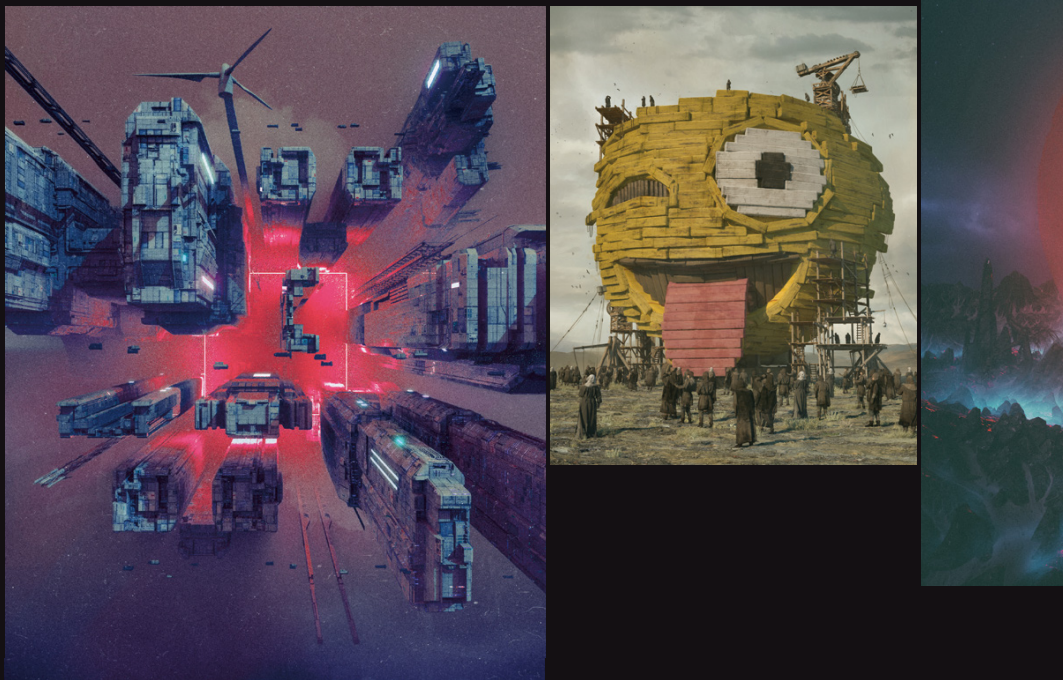

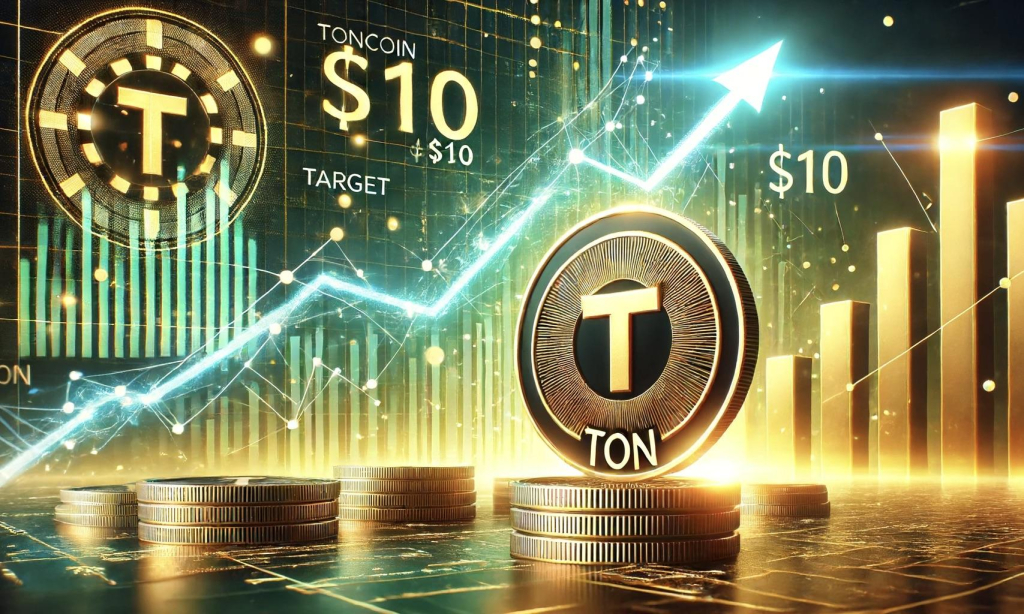


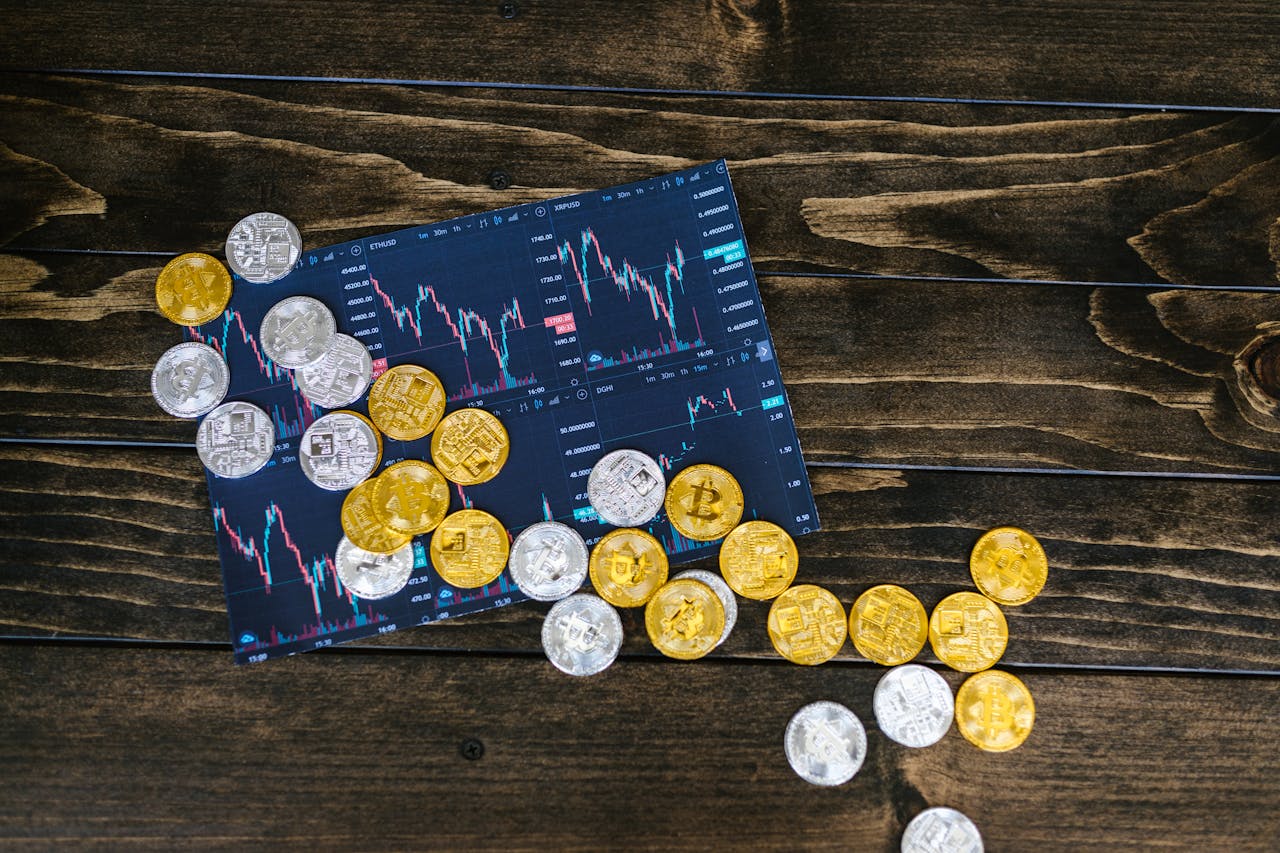

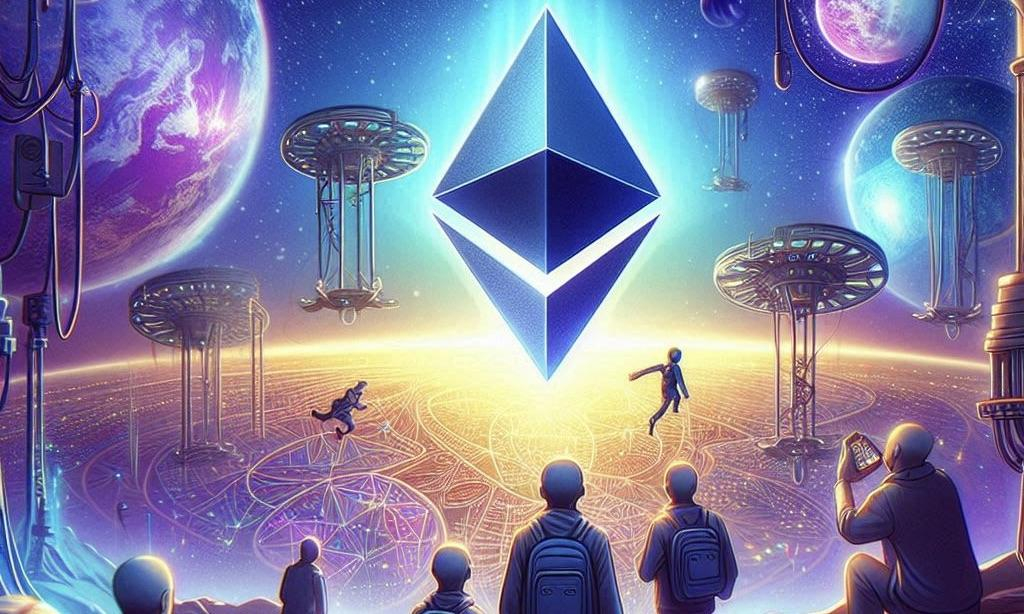
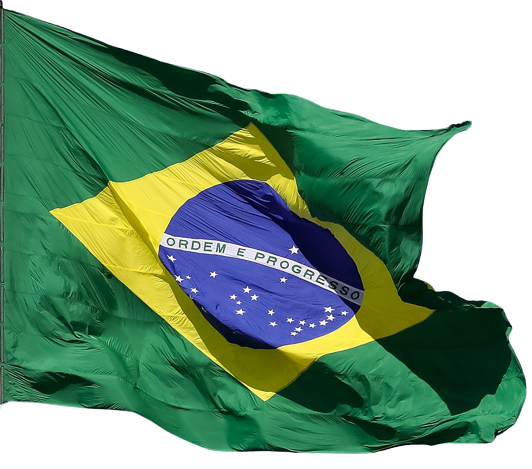
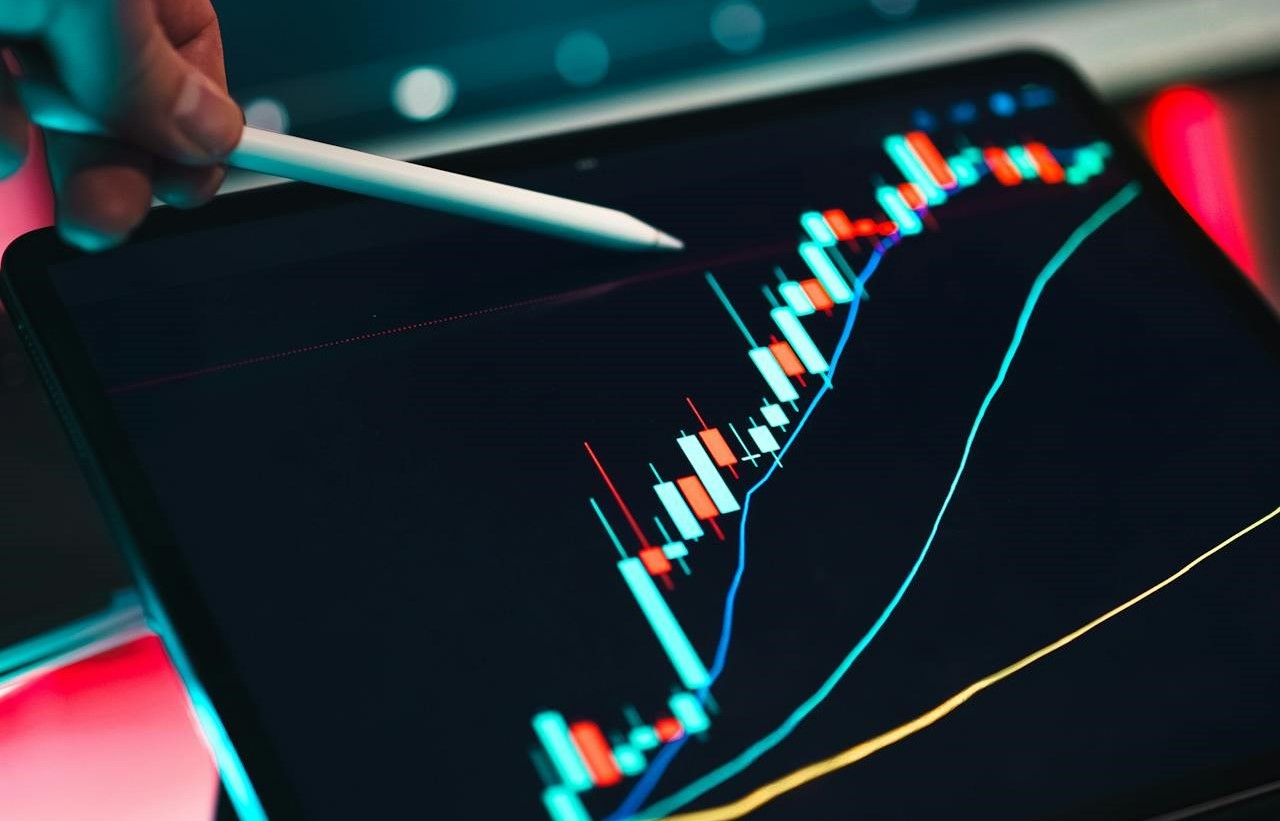

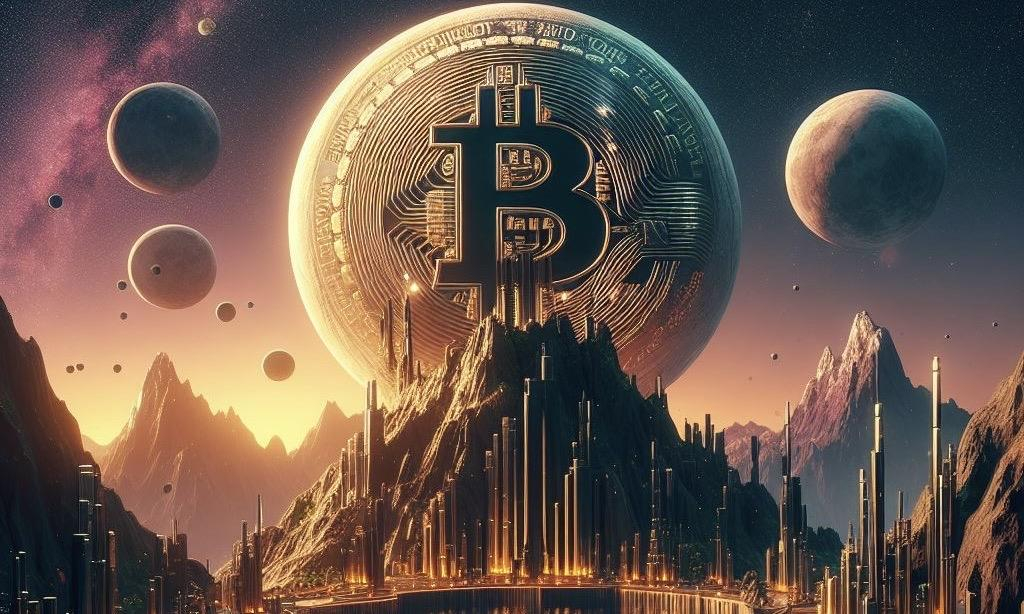
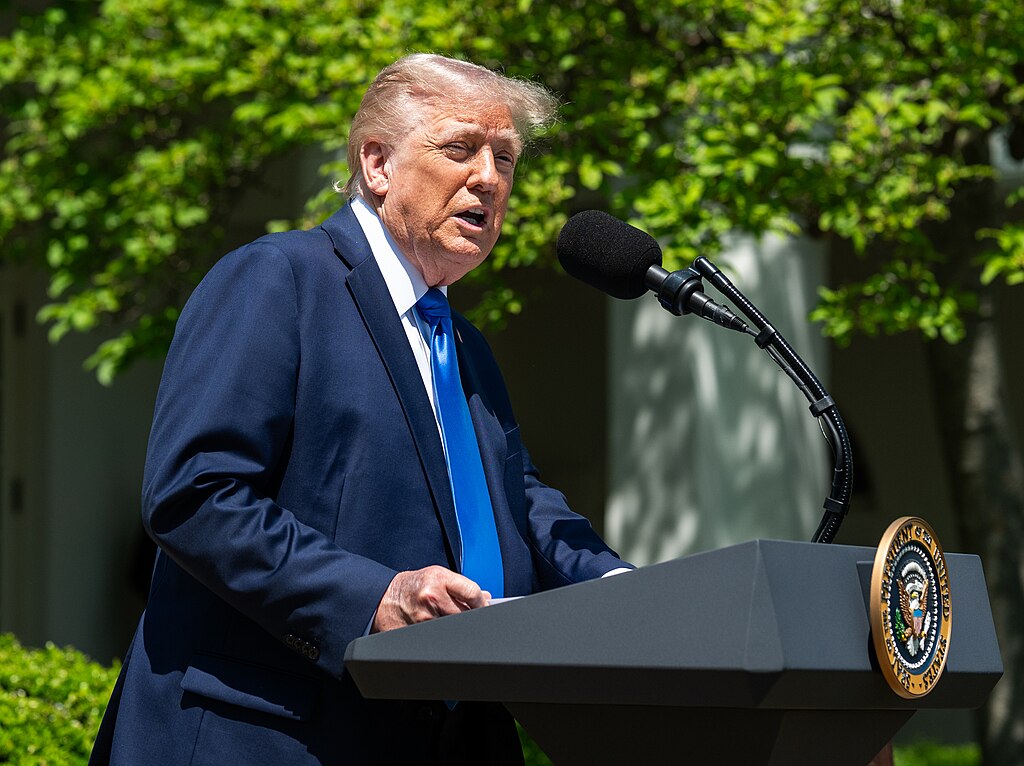
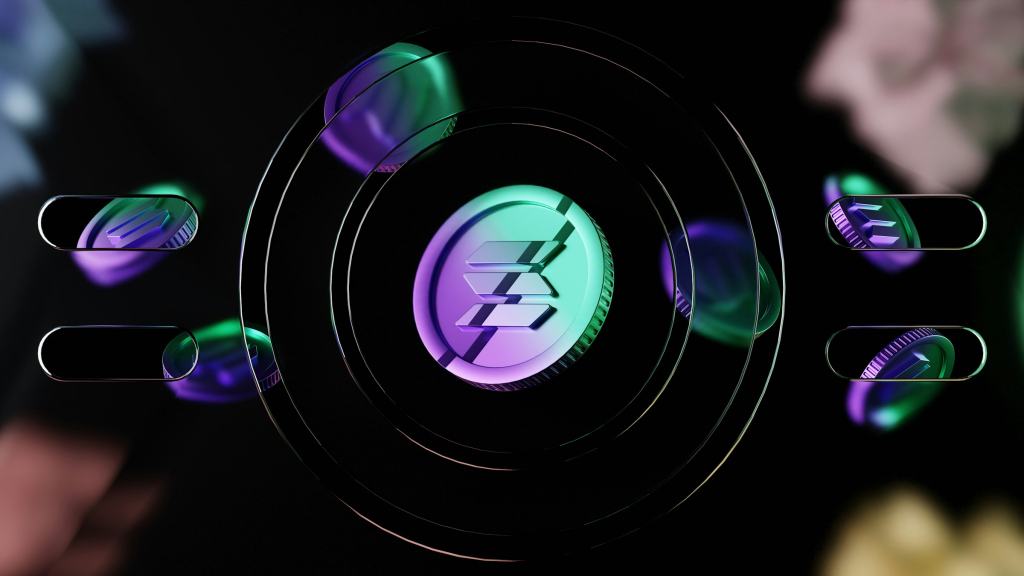
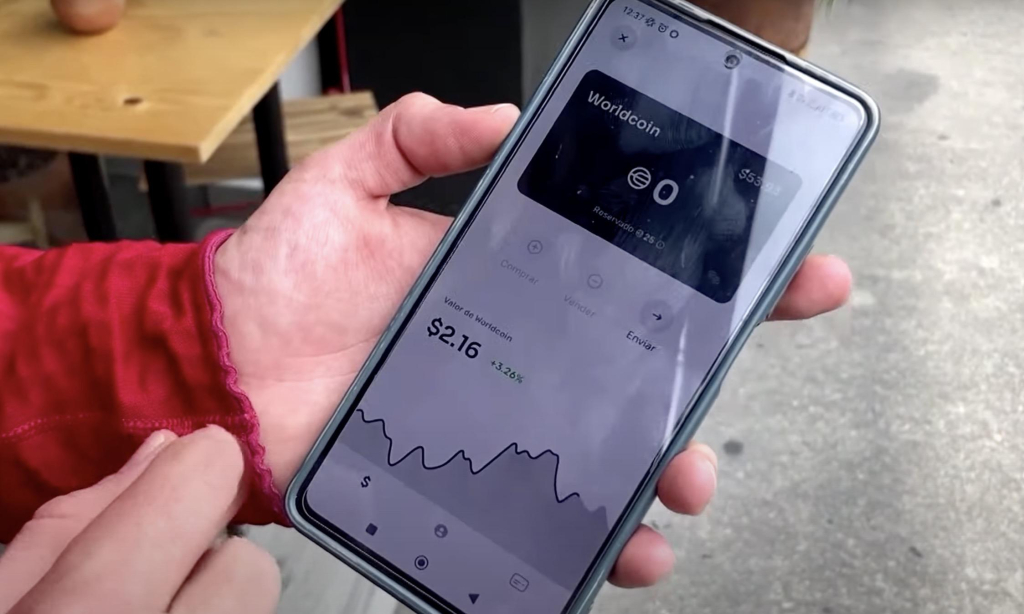

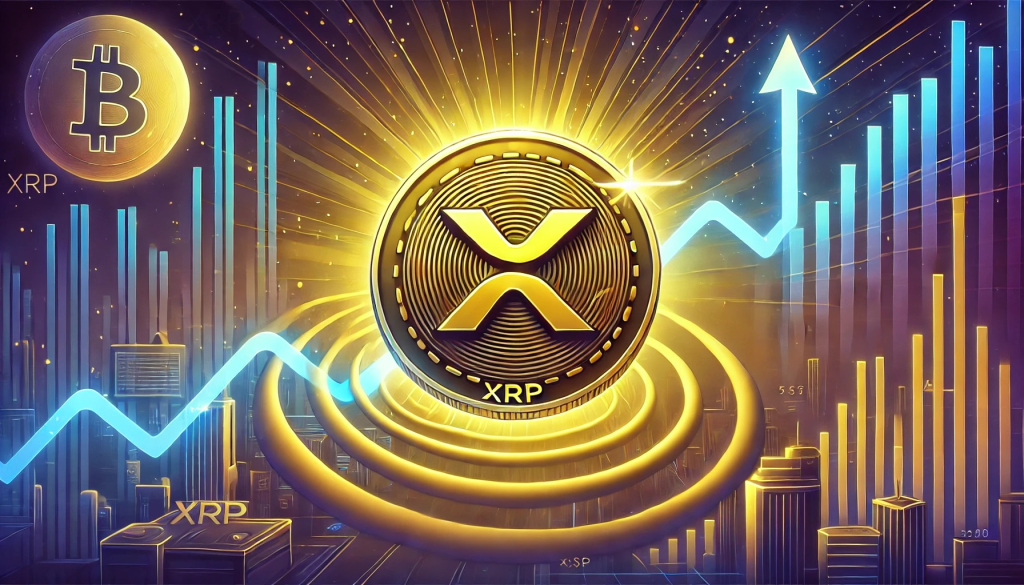

Comment 2